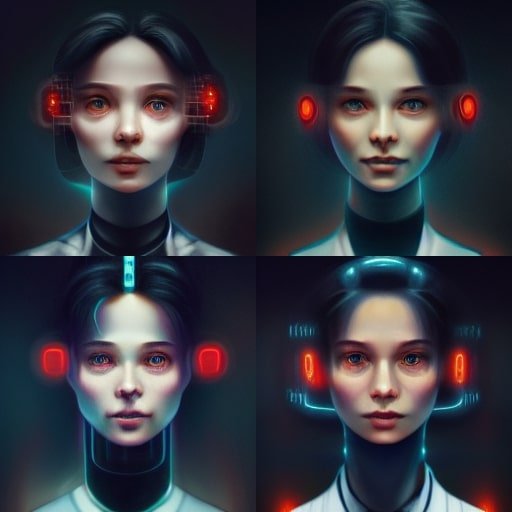AI Terminology
Welcome to the AI Terminology section of the AI blog! This comprehensive glossary is designed to help you navigate the complex world of artificial intelligence. Here, you’ll find clear, concise definitions and explanations of key terms and concepts in AI, from foundational ideas like machine learning and neural networks to advanced topics such as reinforcement learning and variational autoencoders. Whether you’re a beginner or an expert, this resource is tailored to enhance your understanding and keep you updated with the latest advancements in the field.
Artificial Intelligence • AI
Artificial intelligence (AI) is the ability of a computer program or system to learn and think for itself.
Abductive Logic Programming • ALP
Abductive Logic Programming (ALP) is a subfield of artificial intelligence that deals with the inference of unknown facts from known facts.
Abductive Reasoning
Abductive reasoning is a type of logical reasoning that is used to arrive at a conclusion from a given set of facts.
Abstract Data Type • ADT
An abstract data type is a data type that is not implemented in a specific programming language but is rather defined in terms of its behavior.
Outpainting
Outpainting algorithms are designed to generate new data points based on existing data points.
Action Language
An action language is a kind of computer programming language that is designed to describe actions and events.
Action Model Learning
Action model learning is a subfield of machine learning that focuses on learning how to perform actions in the world.
Action Selection
Action selection is the process of choosing which action to take in any given situation.
Adaptive Algorithm
An adaptive algorithm is a type of computer program that can automatically improve its performance over time.
Artificial General Intelligence • AGI
Artificial general intelligence (AGI) is a field of study focused on developing artificial intelligence systems that can learn and perform any intellectual task that a human can.
Augmented Reality • AR
Augmented reality (AR) is a technology that superimposes digital information in the real world.
Capsule Network
In computer science, a capsule network is a neural network architecture that uses capsules to group together related features and make predictions about the underlying objects.
Computational Learning Theory
Computational learning theory is a branch of machine learning that focuses on the study of algorithms that learn from data.
Computational Statistics
Computational statistics is a field that uses computers to perform statistical analyses.
Computer Vision
Computer vision is an interdisciplinary field that deals with how computers can be made to gain a high-level understanding of digital images or videos.
Note: The above list of AI terms is sorted by the last update time.
AI Terminology Graph (interactive)
Click on any node to find out more. You can also drag the graph nodes to rearrange them.


















